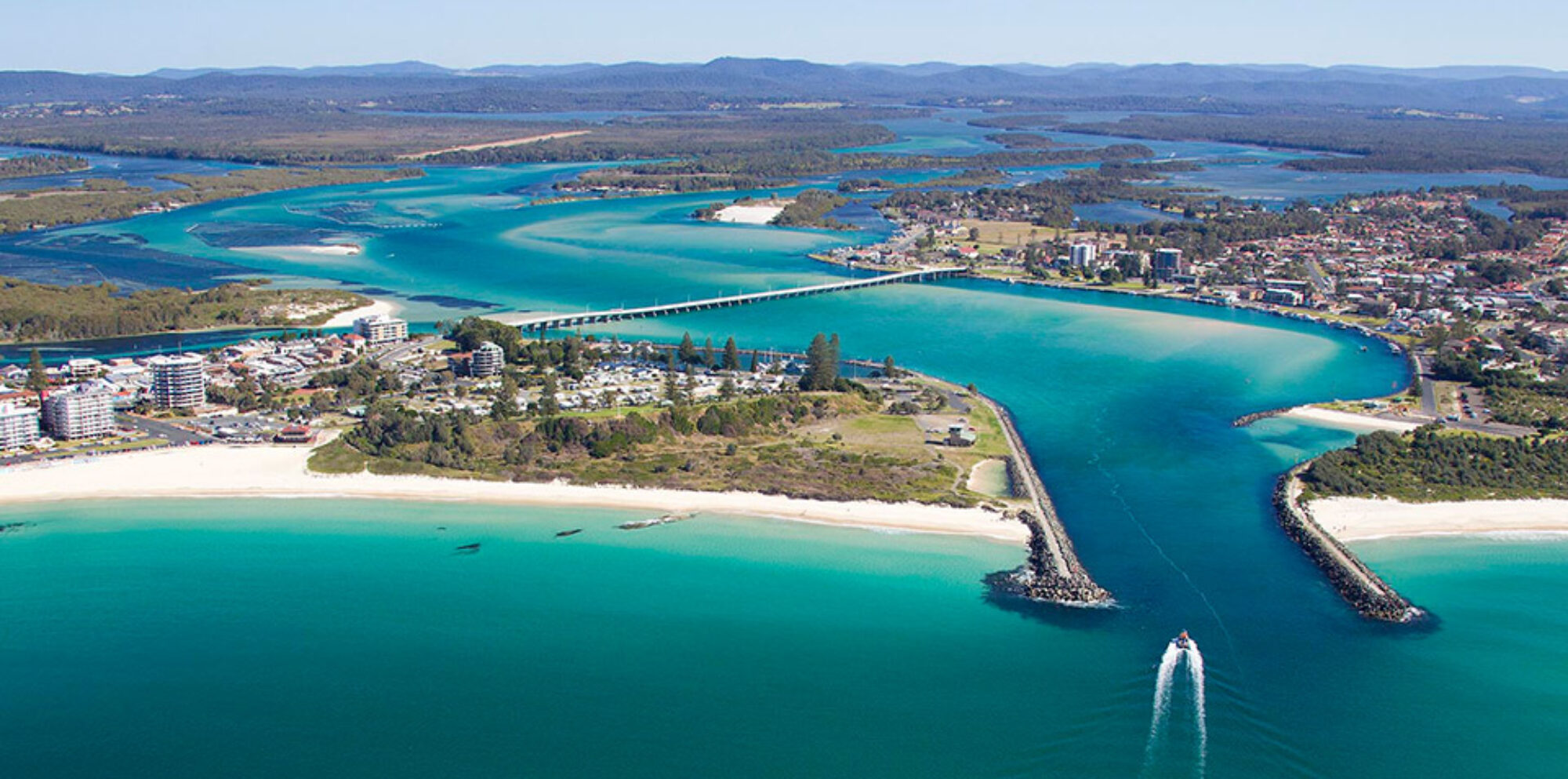Our natural environments deeply influence our understanding of the world and influence our cultural beliefs and values. This occurs both consciously and on a deeper unconscious level. Around the world, traditional religions and spiritual practices have reflected this connection.
The traditional custodians of the land, the Aboriginal people, have a deep connection to the land and its features. Many dream time stories explain how features of the land were set up and also contain moral tales to guide behaviours and beliefs. For example, the Darug people around the Sydney basin have stories about the creation of the Blue Mountains. These stories have shaped their values of respect for nature, sustainability and stewardship.
In rural areas of NSW such as the Riverina or the Hunter Valley, the natural environment has shaped a culture of land and water management, as well as a practical knowledge about sustainable farming. One of the country’s most important agricultural regions, many farmers place high value on water conservation and environmental preservation of soils because the productivity of the land and economic value is directly tied to its environmental health.
NSW’s long coastline, has fostered a strong surfing and beach culture. This proximity to the ocean has shaped a lifestyle that values outdoor activities, environmental protection, and a connection to the sea. People in these areas often hold beliefs around protecting marine life and the importance of clean oceans. The surfing community, has been a driving force behind campaigns against pollution, plastic waste, and coastal development, reflecting a strong environmental ethic influenced by the natural environment.
Click here for more information on how the surfing community is fighting the misuse of plastic.
In bushfire-prone regions such as the Blue Mountains and Southern Highlands, a culture of resilience and preparedness has been influenced by the regular occurrence of bushfires. The devastating 2019-2020 Black Summer fires reshaped public awareness and policy, emphasizing values of community resilience, fire prevention, and environmental rehabilitation. Communities living near bushland are often more attuned to the cycles of nature and have developed strong beliefs about the importance of ecological balance, land management, and climate change adaptation.
The creation and maintenance of national parks, such as Kosciuszko National Park and Royal National Park, reflect a societal value placed on preserving natural environments. These parks are not only places for recreation but are also cultural symbols of the need to protect Australia’s unique ecosystems. The push to conserve the Snowy Mountains’ fragile alpine environment has influenced broader societal values about environmental conservation and responsible tourism, emphasizing sustainability and minimal impact on delicate ecosystems.

